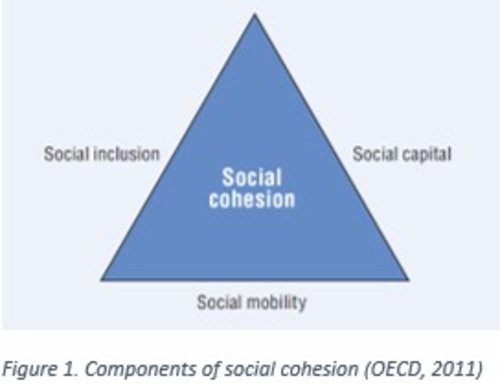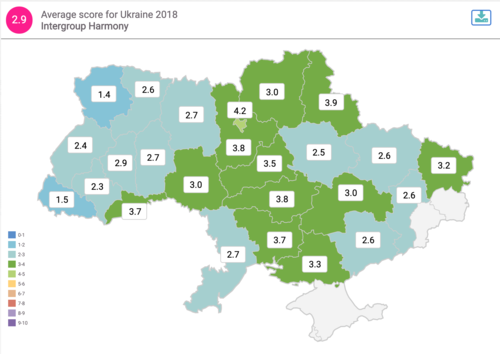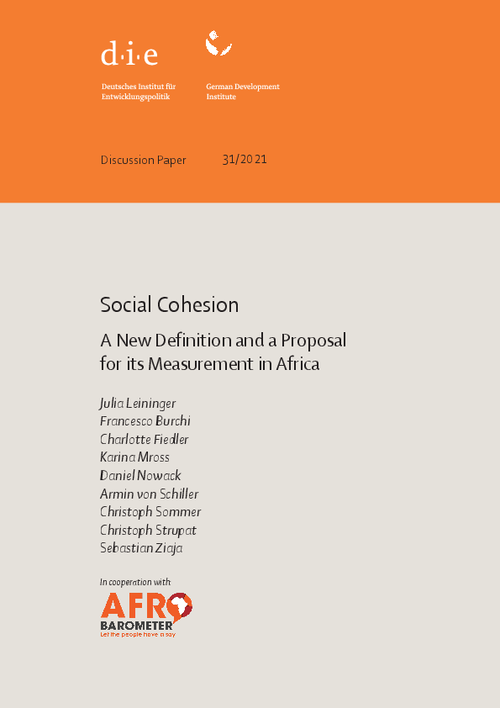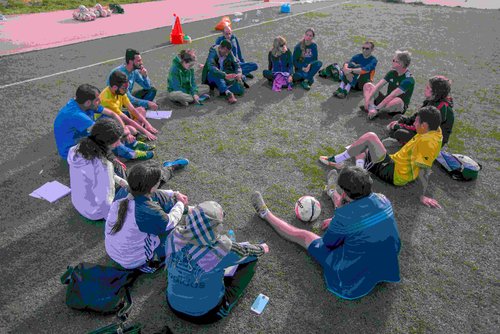Back to Results
Conflict and social and political preferences: Evidence from World War II and civil conflict in 35 European countries
Key facts
Journal/Publisher
Comparative Economic Studies,
Type of publication
Journal article
Elements of social cohesion
Trust
Other (effectiveness of political institutions)
Other (effectiveness of political institutions)
Geographical focus
Europe and Central Asia
Main thematic areas
Conflict & peacebuilding
Political institutions & governance
Political institutions & governance
Summary
This paper uses new micro-level evidence from a nationally representative survey of 39,500 individuals in 35 countries to shed light on how individual experiences of conflict shape political and social preferences. The investigation covers World War II and recent civil conflict. Overwhelmingly, the results point to the negative and enduring legacy of war-related violence on political trust and perceived effectiveness of national institutions, although the effects are heterogeneous across different types (external versus internal) and outcomes (victory versus defeat) of conflict. Conflict spurs collective action, but of a dark nature, one associated with further erosion of social and political trust.
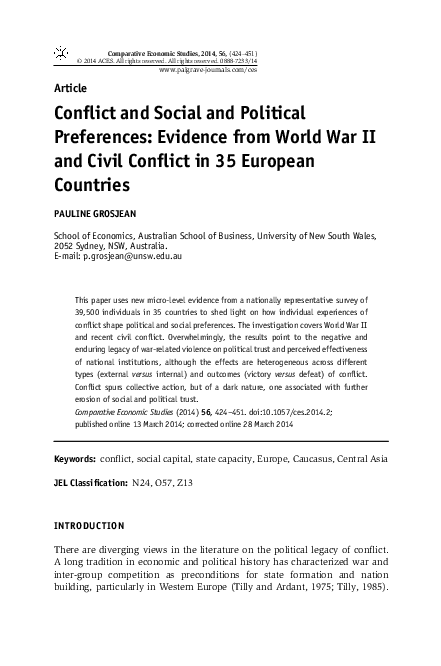
Download

